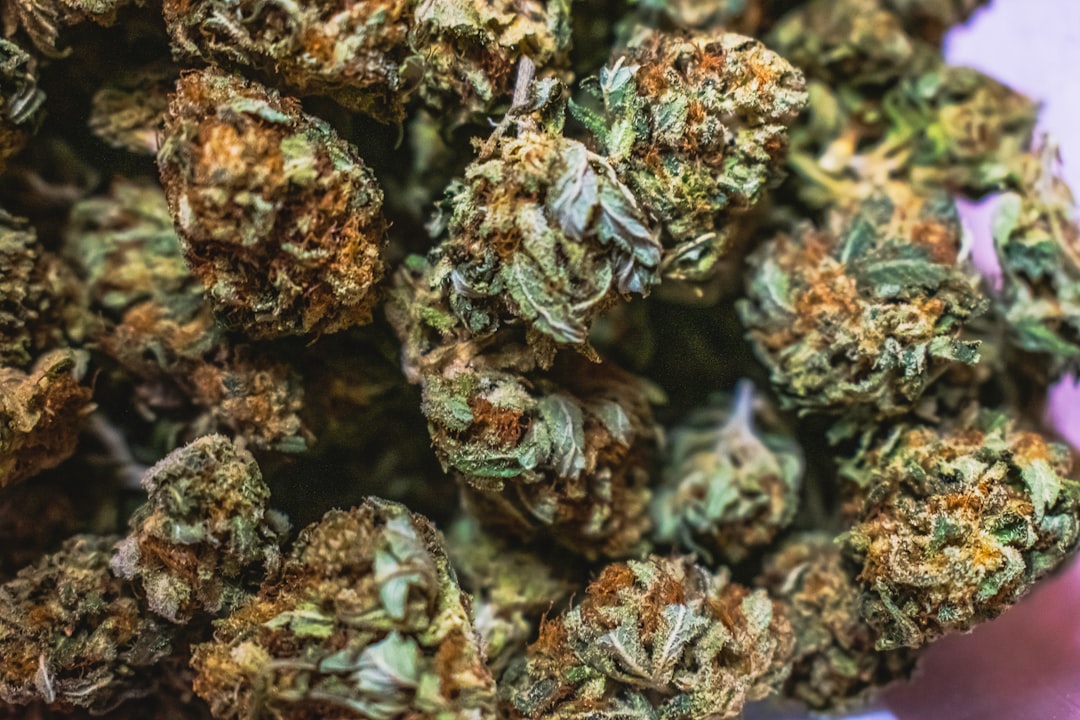The Use of Marijuana for Medical Purposes

The use of marijuana for medical purposes has been widely debated. Supporters have cited the potential benefits of this drug, including its possible ability to reduce the incidence of overdose deaths caused by opioids. Opponents, on the other hand, have highlighted the increased risky behaviors and cardiovascular problems caused by marijuana use. However, strong evidence supporting these claims has yet to be found. This study, however, provides some important insights into this controversial issue. Additionally, contact The Herbal Clinic MD professionals to get the right services.
The laws governing the use of marijuana for medical purposes vary greatly by state. Many medical conditions can be treated without it, while other conditions may be helped by it. For example, patients suffering from severe epilepsy may benefit from marijuana as a standalone treatment. Some medical conditions, such as cancer, may respond better to marijuana.
The federal government should legalize the use of marijuana for medical purposes to help treat serious illnesses. There is no good or bad effects linked to both prescription psychoactive drugs and marijuana. The federal government should make marijuana available to seriously ill patients for treatment when other treatments have failed to work. Without access to these treatments, seriously ill patients are being denied the dignity they deserve. Moreover, the use of marijuana for medical purposes is becoming increasingly widespread.
The use of marijuana for medical purposes is becoming increasingly popular, despite limited evidence of its effectiveness. The legal status of the drug may have a profound impact on attitudes towards it. In one study, attitudes toward the use of marijuana in cancer patients were compared between Texas and Arizona.
While there are some concerns related to marijuana's safety and effectiveness, there are many positive effects, including relief of nausea and vomiting caused by AIDS, chemotherapy, or multiple sclerosis. While the federal government does not recognize marijuana's positive effects, the Food and Drug Administration has approved several cannabis-related medications for treatment of various ailments. These medications include Marinol, which treats nausea and appetite loss in AIDS patients. However, the DEA has refused to reclassify marijuana as a Schedule I drug. This link at https://www.theherbalclinicmd.com/medical-marijuana-tampa-fl will guide you to the legit marijuana providers.
One recent study by a company called Canopy Solutions was published in Nature on August 7, 2011, a month after the DEA approved its use for medical purposes in the U.S. The results of the study could open up a whole new range of treatment options for patients suffering from various illnesses. The DEA may soon allow local growers to sell their cannabis products on the Internet, thereby allowing them to continue the research.
Although medical marijuana is still illegal, there are many studies that show that it has a therapeutic value in treating symptoms caused by AIDS, cancer, and fibromyalgia. Furthermore, it has been shown to be effective in reducing nausea, vomiting, and muscle spasms associated with multiple sclerosis, without causing addiction. Despite its beneficial effects, however, the federal government still prohibits marijuana for specific side effects. If you want to know more about this topic, then click here: https://www.britannica.com/science/cannabinoid.
